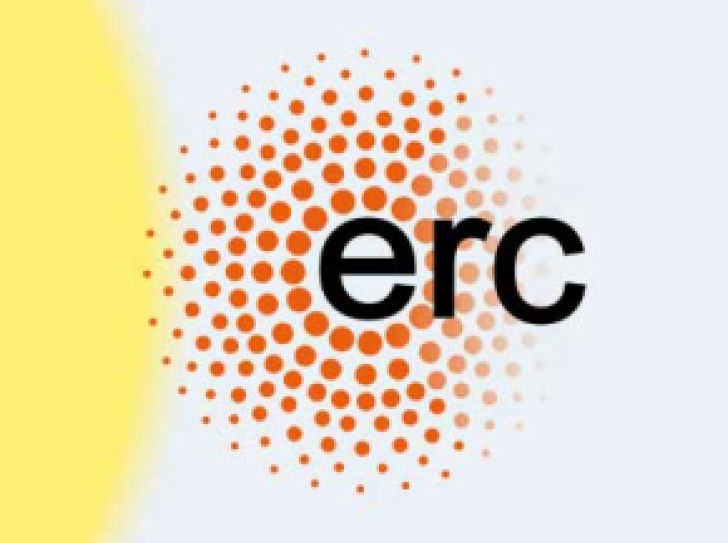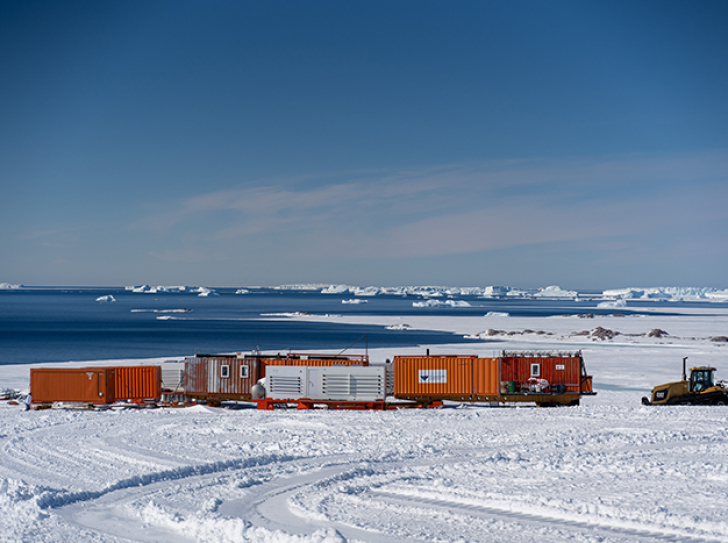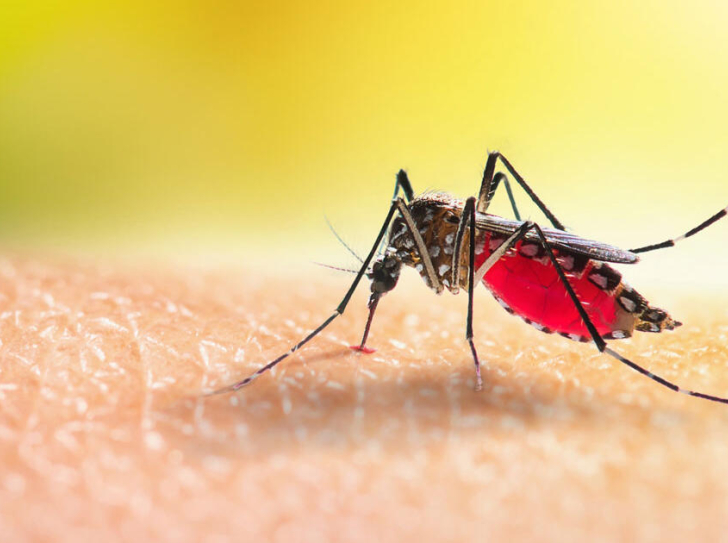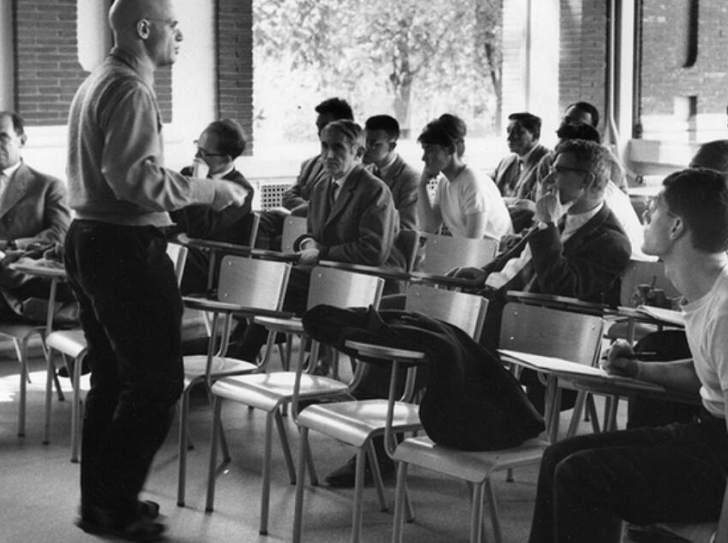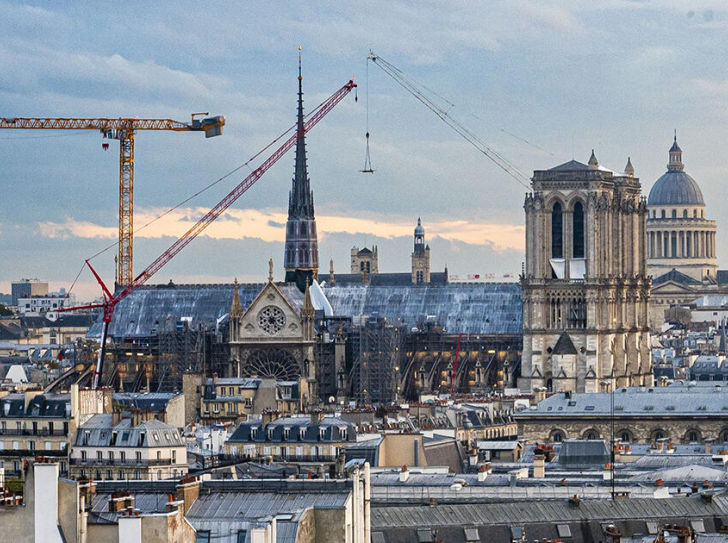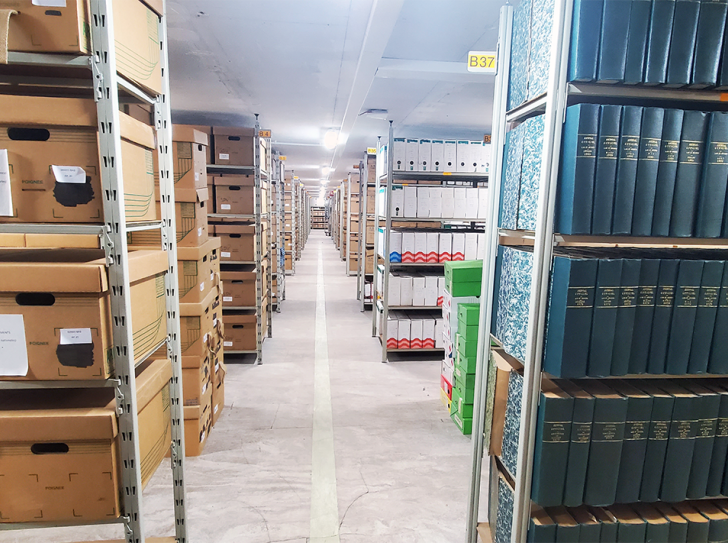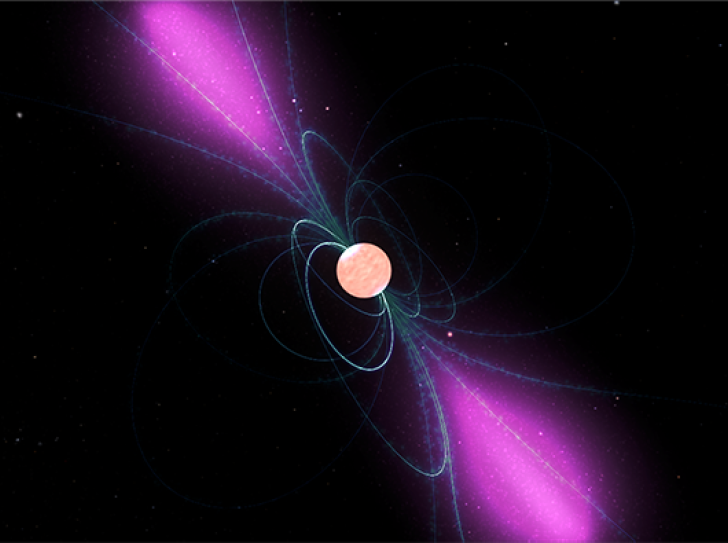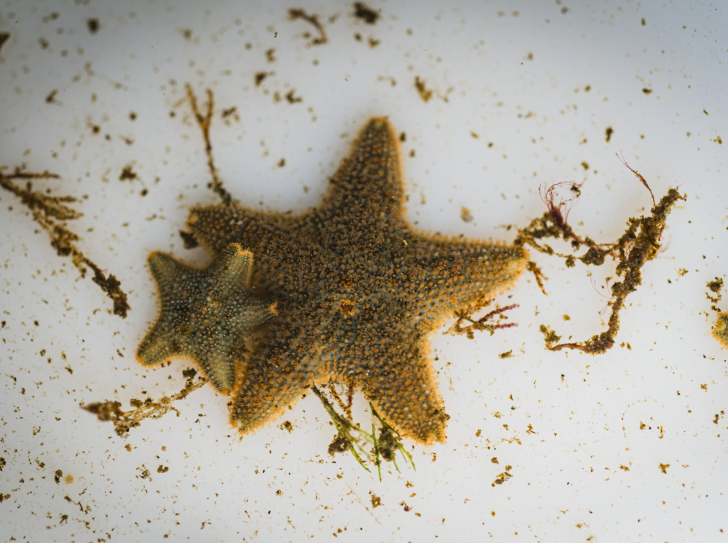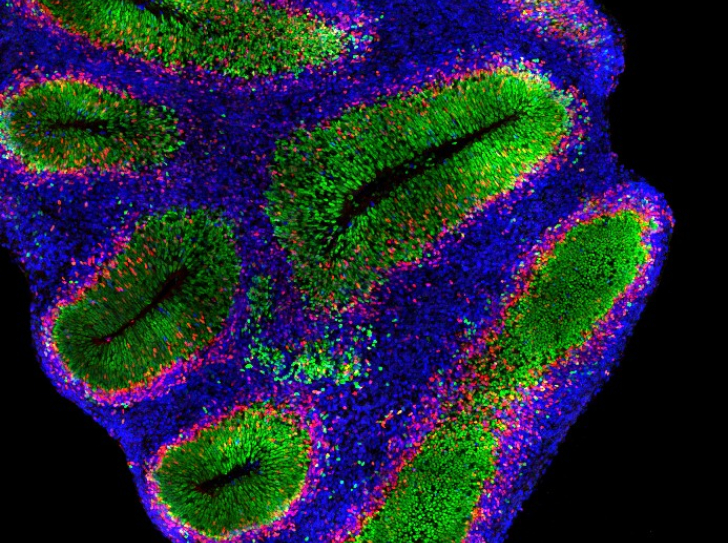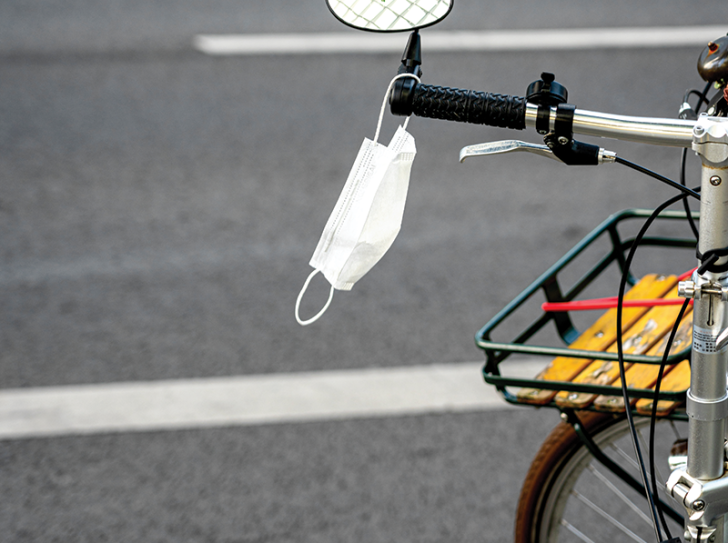News round-up
1248 results
Update
The winners of 2024 ERC Consolidator Grants from the CNRS
Today the European Research Council has announced the winners of its 'Consolidator' grants which annually support many projects by mid-career…
Read more
Press
1,100 km in Antarctica to better understand the evolution of the ice cap
The physical processes behind cloud formation and snow precipitation above the Antarctic ice cap remain poorly understood. Co-directed by the…
Read more
Le Journal
Mosquitos and their costly sting
While very useful in ecosystems, mosquitos tend to ruin the lives of humans. A CNRS team has even recently calculated how much these dipterans cost…
Discover
Le Journal
Alexandre Grothendieck, a committed genius
Alexandre Grothendieck, who is considered one of the founders of modern algebraic geometry, left a considerable mark on mathematics through his…
Discover
Le Journal
Notre Dame: restoring eternity
In the aftermath of the fire, the French Ministry of Culture and the CNRS implemented a vast scientific effort to support the restoration of Notre…
Discover
Update
The CNRS archives - between preservation and promotion
Did you know it is obligatory for CNRS staff members to preserve their work documents and deposit them in an archive? Let's meet the team that…
Read more
Press
H.E.S.S. collaboration detects the most energetic cosmic-ray electrons and positrons ever observed
H.E.S.S. operates a five-telescope site in Namibia for the study of cosmic-ray sources emitting high-energy gamma rays. The main contributors…
Read more
Multimedia
DNA fishermen
Decoding the genomes of 4,500 marine species is the goal of scientists working on the Atlasea programme. Join them on a fishing expedition in Dinard,…
Discover
Press
France 2030: the CNRS and Inserm have launched a programme to understand how cells choose their fate and sometimes go awry
A human organism consists of more than 35 000 billion cells, all of which come from a single initial cell. This cell multiplies, with each of its…
Read more
Update
Covid-19: how the pandemic disrupted our way of life
At a conference held last November 18th and 19th, researchers from the ' Du monde d’avant au monde d’après ' research programme presented…
Read more

